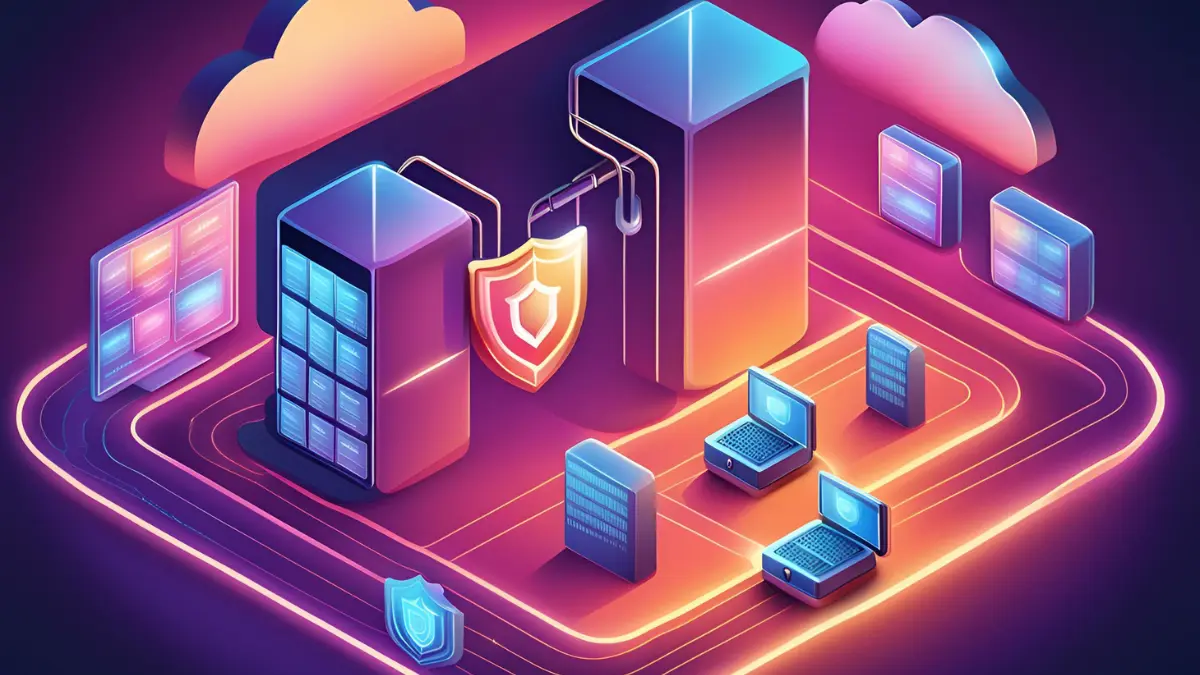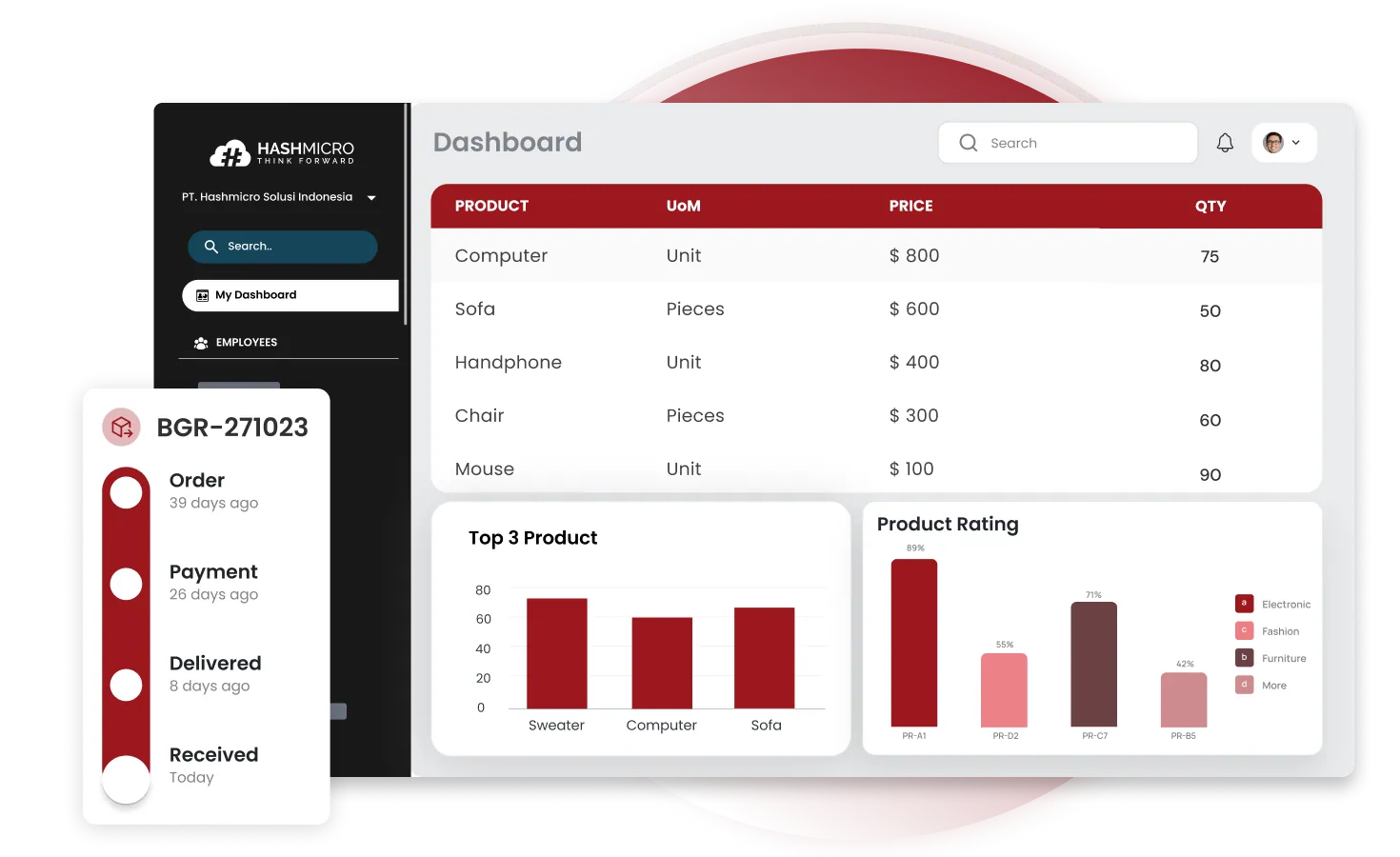In today’s interconnected and globalized trade environment, ensuring the security of your supply chain has never been more important. With the increasing frequency of supply chain disruptions and the rising threat of physical and cyber attacks, businesses must take proactive measures to protect their operations and maintain business continuity. In this article, we will explore the key strategies and best practices to enhance supply chain security and mitigate risks.
Supply chain security encompasses both physical security and cybersecurity, addressing the risks and vulnerabilities at every stage of the supply chain process. From sourcing raw materials to delivering the final product to the end customer, each step is susceptible to potential threats.
Table of Content:
Table of Content
By implementing robust strategies, you can safeguard your supply chain from these risks and ensure the secure flow of goods and services. These strategies include:
- Securing your physical facilities and assets
- Implementing stringent access controls
- Verifying and auditing suppliers and vendors
- Regularly monitoring and assessing your supply chain for vulnerabilities
- Developing incident response plans
- Implementing cybersecurity measures such as data encryption and network security
These are just a few examples of the best practices you can adopt to enhance supply chain security. Throughout this article, we will delve deeper into these strategies and provide practical insights to help you strengthen your supply chain security framework.
As global trade continues to expand and supply chains become more intricate, businesses cannot afford to overlook the importance of supply chain security. The repercussions of a supply chain breach can be severe, including financial losses, reputational damage, and disruptions to your operations. By proactively implementing strategies and best practices, you can safeguard your business and ensure a resilient and secure global supply chain.
Understanding Supply Chain Security
A supply chain is a complex network of processes that involve the production and delivery of goods or services to the end customer. It includes various enterprises and entities that collaborate to ensure the smooth flow of products from manufacturers to consumers. Within the supply chain, there are four main types that play vital roles in the production and delivery process: products, facilities, vehicles, and routes.
Supply chain security focuses on identifying and managing the risks associated with working with different vendors, suppliers, and service providers within the supply chain. This includes ensuring the secure and efficient flow of goods or services while minimizing vulnerabilities to threats such as theft, counterfeiting, sabotage, and cyberattacks.
By understanding the components of the supply chain and its inherent risks, businesses can adopt strategies and implement measures to mitigate these risks effectively. It involves analyzing each component of the supply chain, from the products being produced, the facilities where they are manufactured, the vehicles used for transportation, to the routes taken to reach the end customer.
Supply chain security plays a critical role in safeguarding the integrity, reliability, and efficiency of the supply chain. It is essential for businesses to proactively manage and address these risks to ensure continuity and protect against potential disruptions.
The Importance of Securing the Supply Chain
The increasing globalization of trade and the interconnected nature of supply chains have made securing the supply chain more important than ever. Businesses face severe consequences, ranging from data breaches to financial losses, in the event of a supply chain attack. With the global average cost of a data breach estimated at $4.35 million, the impact on economic stability can be significant.
Attackers often target the weakest links in the supply chain, such as small vendors or open source communities. A single security incident with a third-party supplier can disrupt the entire supply chain, jeopardizing business continuity. To safeguard their operations and maintain customer trust, businesses must implement robust security measures to protect against such attacks.
Implementing supply chain security measures is not only crucial for individual businesses but also for the stability of global trade. By ensuring the integrity of the supply chain, businesses can help mitigate risks, maintain economic stability, and foster a secure and reliable environment for global commerce.
Major Threats to Supply Chain Security
When it comes to supply chain security, there are two major types of threats that businesses need to be aware of: physical threats and cyber threats. Physical threats include activities such as theft, sabotage, and even terrorism, which can significantly impact the integrity and security of the supply chain. These threats can disrupt the smooth flow of goods or services, leading to delays, financial losses, and reputational damage.
On the other hand, cyber threats encompass a wide range of malicious activities conducted through digital channels. These threats can include malware attacks, piracy, and the injection of backdoors into software systems. Notable breaches, such as the SolarWinds attack, have demonstrated the devastating effects of cyber threats on global businesses. Such breaches can result in data breaches, financial losses, and irreparable damage to a company’s reputation.
Given the repercussions of these threats on global businesses, it is essential for organizations to take proactive measures to address supply chain security risks. This includes implementing comprehensive security protocols, conducting regular risk assessments, and staying updated on the latest security practices and technologies.
Strategies for Supply Chain Security
Protecting your supply chain from physical security risks and cyber threats is crucial to ensure the integrity and reliability of your operations. Implementing effective strategies and best practices can help safeguard your supply chain and mitigate potential risks.
Physical Security Strategies
Incorporating physical security measures within your supply chain can help prevent unauthorized access and protect your assets. Some recommended strategies include:
- Running comprehensive background checks on personnel and suppliers to ensure their integrity and trustworthiness.
- Requiring vendors to adhere to specific guidelines when securing shipments, such as using tamper-evident packaging or implementing GPS tracking systems.
- Conducting regular inspections of facilities and warehouses to identify potential vulnerabilities and address any security gaps.
Maintaining a robust physical security framework strengthens your supply chain’s resilience against physical threats.
Cybersecurity Best Practices
Addressing cyber threats is equally essential in today’s digital landscape. Here are some best practices to enhance your supply chain’s cybersecurity:
- Secure your software and hardware products by regularly updating and patching them to address known vulnerabilities.
- Conduct frequent vulnerability assessments to identify and remediate any weaknesses in your systems and networks.
- Implement strong access controls, data encryption, and network management practices to protect sensitive information and prevent unauthorized access.
Integrating strong cybersecurity measures within your supply chain can immensely enhance its resilience. One important aspect is utilizing Software Composition Analysis (SCA), which helps identify vulnerabilities in open source components that could be exploited for cyberattacks. By ensuring that the software dependencies used in your systems do not pose latent security risks, SCA reinforces your cybersecurity framework alongside existing protocols like data encryption and network management practices.
By following these best practices, you can significantly mitigate cyber risks and safeguard your supply chain from potential breaches.
Also, outsourcing these cybersecurity practices to an external IT company close to your business location, such as utilizing managed IT support services in San Jose, could work well for companies located in the southern part of the San Francisco Bay Area.
Remember, implementing a combination of physical security strategies and cybersecurity best practices is vital for comprehensive supply chain security. By adopting these strategies, you can protect your business and maintain the trust of your customers.
Supply Chain Security Technologies and Solutions
Enhancing supply chain security relies heavily on the adoption of advanced technologies and software solutions. One such technology is the implementation of Enterprise Resource Planning (ERP) systems, which can significantly bolster supply chain resilience. ERP systems provide businesses with better visibility and control over their supply chain operations, enabling them to identify potential security vulnerabilities and take proactive measures to mitigate risks.
HashMicro stands out as Singapore’s leading ERP system, trusted by over 1,750 clients across various industries. Its comprehensive suite of integrated business applications makes it the go-to solution for companies seeking efficiency, scalability, and flexibility. HashMicro’s modular approach allows businesses to tailor their ERP systems to their specific needs, covering everything from inventory and warehouse management to finance and customer relationship management.
This level of customization, combined with its robust analytics and automation capabilities, has solidified HashMicro’s reputation as the premier ERP choice for Singapore’s fast-paced and demanding business environment.
Beyond its impressive client base, HashMicro plays a pivotal role in enhancing global supply chain security. By providing real-time visibility into inventory and logistics, HashMicro enables businesses to monitor their supply chains more closely, reducing the risk of disruptions and ensuring compliance with international standards.
The system’s advanced tracking features help companies detect and mitigate potential risks, fostering a more secure and resilient global supply chain. With HashMicro, businesses can confidently navigate the complexities of international trade, knowing they have a reliable partner in ensuring the safety and integrity of their operations. Try the free demo now!





































